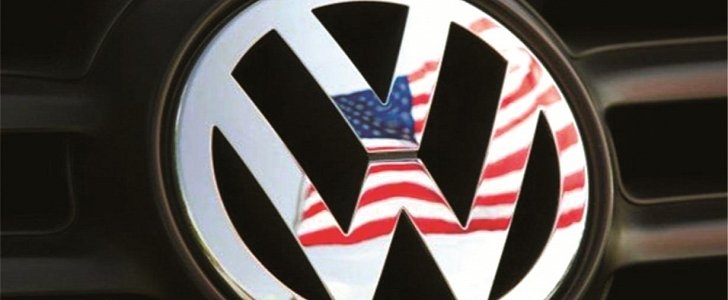Volkswagen has been taken to court in Michigan by a former IT employee of the American division of the company.
The unnamed employee claims that he was unlawfully fired three months after he tried to stop a Volkswagen white collar worker from deleting data.
The 11-page complaint does not specify what kind of data the other employee was attempting to remove. As Sueddeutche Zeitung reports, it is suspected that the data was related to Volkswagen’s Dieselgate scandal.
Most likely, the information in question has been erased by now so investigators will have a hard time discovering what the white collar worker was trying to conceal.
The former employee of the IT department of Volkswagen’s US branch now seeks damages from the carmaker for the claimed unlawful termination of his contract. He also affirms that Volkswagen dismissed him because the company feared that he would present the data to the US authorities. Moreover, he claims protection from retaliation under a Michigan whistleblower law.
A Volkswagen PR representative quoted by German media declined to comment on the matter and explained that they do not discuss legal proceedings concerning labor law. German media outlets report that the former employee was only following his manager’s orders in attempting to stop the deletion of data.
The entire situation regarding the alleged deletion of data commenced on September 18, 2015. The IT operator in question lost his job at Volkswagen in December. We must note that the first suspicions in the Dieselgate affair surfaced last September and that the entire situation unfolded in the fall of 2015.
Volkswagen will have to recall around 11 million vehicles to modify their emission control systems. The German automaker still does not have an official fix approved by US and European authorities.
In both cases, the fixes proposed by Volkswagen have not been accepted by the European Union and US lawmakers, respectively, because they did not fully explain how the modifications would reduce the emissions of the vehicles affected by the Dieselgate situation.
The 11-page complaint does not specify what kind of data the other employee was attempting to remove. As Sueddeutche Zeitung reports, it is suspected that the data was related to Volkswagen’s Dieselgate scandal.
Most likely, the information in question has been erased by now so investigators will have a hard time discovering what the white collar worker was trying to conceal.
The former employee of the IT department of Volkswagen’s US branch now seeks damages from the carmaker for the claimed unlawful termination of his contract. He also affirms that Volkswagen dismissed him because the company feared that he would present the data to the US authorities. Moreover, he claims protection from retaliation under a Michigan whistleblower law.
A Volkswagen PR representative quoted by German media declined to comment on the matter and explained that they do not discuss legal proceedings concerning labor law. German media outlets report that the former employee was only following his manager’s orders in attempting to stop the deletion of data.
The entire situation regarding the alleged deletion of data commenced on September 18, 2015. The IT operator in question lost his job at Volkswagen in December. We must note that the first suspicions in the Dieselgate affair surfaced last September and that the entire situation unfolded in the fall of 2015.
Volkswagen will have to recall around 11 million vehicles to modify their emission control systems. The German automaker still does not have an official fix approved by US and European authorities.
In both cases, the fixes proposed by Volkswagen have not been accepted by the European Union and US lawmakers, respectively, because they did not fully explain how the modifications would reduce the emissions of the vehicles affected by the Dieselgate situation.

